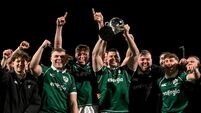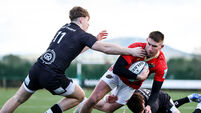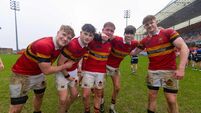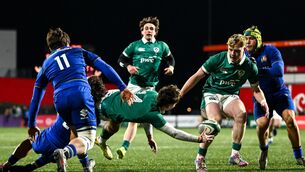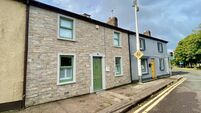No place like ‘back home’
The journey totals a torturous 29 hours and takes you through London, Los Angeles and several time zones. To be fair, Air New Zealand did their best to ease my passage, supplying service with a smile and plenty of leg-room.
However, the only rest attainable was the fitful, epileptic sleep of the malnourished for, while tasty, the Fisher Price food portions never fully assuaged my hunger and asking for seconds seemed a bit agricultural.







